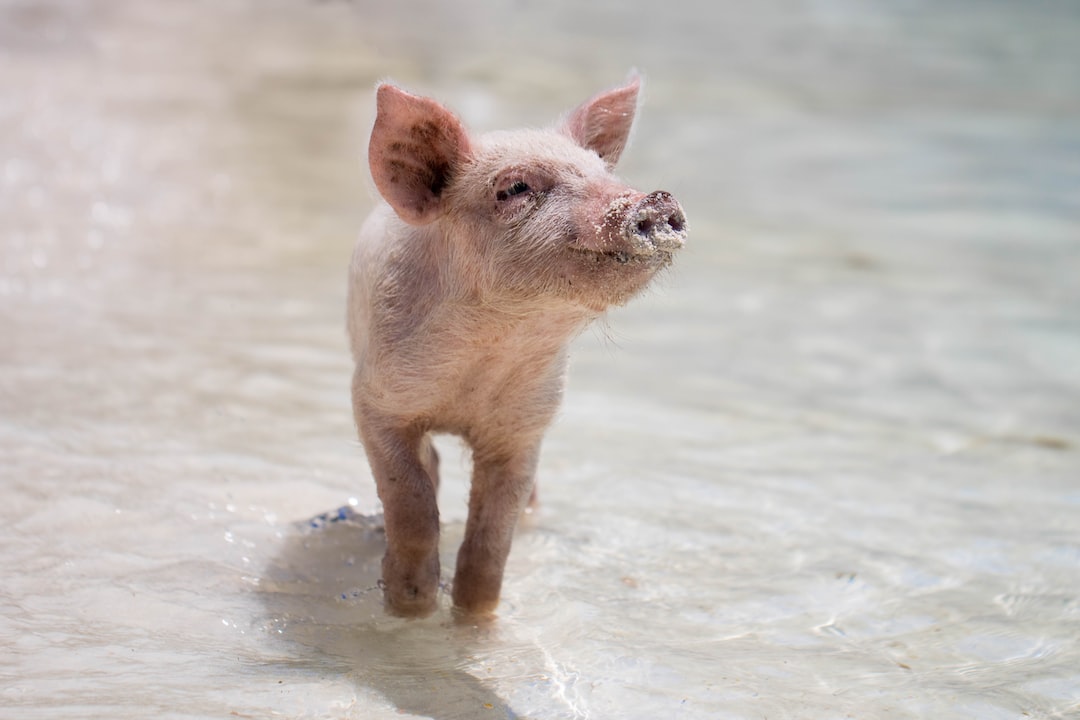Title: The Importance of Animal Conservation: Saving Our Wildlife
Introduction (100 words):
As inhabitants of this planet, we are fortunate to coexist with a diverse range of astonishing creatures. Yet, the increasing threats to wildlife populations worldwide call for immediate action. Animal conservation is crucial to protecting and preserving our natural heritage and maintaining a balanced ecosystem. In this blog post, we will explore the importance of animal conservation and why we must assume responsibility to save our wildlife for future generations.
Maintaining Biodiversity and Ecological Balance (200 words):
Animal conservation is vital to maintaining biodiversity and ecological balance. Each species, no matter how seemingly insignificant, plays a crucial role in sustaining the delicate web of life on Earth. Biodiversity enhances ecosystem stability and resilience, helping plants and animals adapt to changing environmental conditions. Conservation efforts contribute to the protection of endangered and keystone species that serve as significant indicators of ecosystem health.
Furthermore, wildlife contributes to essential ecological processes such as pollination, seed dispersal, and nutrient cycling. The loss of even a single species can have ripple effects throughout the ecosystem, disrupting the equilibrium necessary for healthy plant growth, soil formation, and clean air and water.
Preserving Genetic Diversity (150 words):
Animal conservation is instrumental in preserving genetic diversity within species. Genetic diversity allows for adaptation and resilience against diseases, environmental changes, and other threats. The more genetic variation within a species, the greater its chances of surviving future challenges. By conserving wildlife populations, we ensure the preservation of unique genetic material that holds great value for scientific research and potential advancements in medicine and other fields.
Environmental Education and Aesthetic Value (150 words):
Animal conservation serves not only to protect wildlife but also to create awareness and promote environmental education. Many conservation organizations play a crucial role in educating the public through research, documentaries, and interactive programs. By learning more about the fascinating fauna species that share our planet, we develop a deeper appreciation for nature’s splendor and the critical role animals play in our world.
Moreover, wildlife has immense aesthetic value. Imagine a world devoid of diverse bird songs, majestic elephants, playful dolphins, or graceful big cats. The beauty and wonder of these creatures can inspire and enrich our lives, enhancing our connection with nature and providing endless sources of joy and inspiration.
Economic Benefits and Ecotourism (150 words):
Animal conservation efforts offer long-term economic benefits. Many regions depend on wildlife-related tourism, drawing visitors from around the globe interested in experiencing the beauty and majesty of animals in their natural habitats. In turn, this generates employment, revenue, and opportunities for local communities to thrive.
By investing in conservation, we safeguard ecosystems that, in turn, protect resources vital for human survival, such as clean air, water, and fertile soil. Conserving wildlife habitats also helps mitigate climate change by preserving carbon-absorbing forests and intact ecosystems, acting as natural carbon sinks.
Conclusion (50 words):
The importance of animal conservation cannot be overstated. By actively participating in conservation efforts and promoting awareness, we can safeguard our increasingly endangered wildlife populations, preserve our natural heritage, and ensure a sustainable future for generations to come. It is a moral imperative, rooted in our own survival, to protect and cherish the incredible creatures that share this planet with us.

